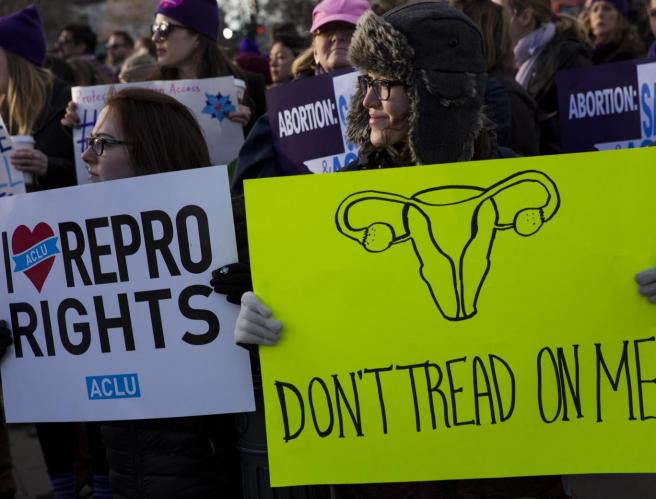On Sunday morning, I took part in BBC One’s ethics debate show The Big Questions, where the topics were treatment of asylum seekers, child poverty and (the section I was booked for) the right to gender self-determination. There are a few interesting moments to pull out:
- At about 00:22:00, transwoman Rachel Hoskins gives a personal account of dysphoria, including “the real visceral thrill” of “putting [my sister’s undies] on” at four years old.
- At about 00:30:00, I give a brief account of the gender-as-class system position and why that’s not compatible with the principle of gender self-determination.
- At about 00:38:30, a transwoman tells a story about being challenged on toilet access: “I said, ‘This is the way I’m dressed, I didn’t want to go into the gents and scare anybody in there.”
- There didn’t appear to be any contributions from transmen.
- At 00:46:00 you can see gender in action as Nicky Campbell invites me to contribute to the debate and the man next to me (Ben Harris-Quinney) talks over me.
Watch the show on iPlayer (gender segment starts at about 00:20:00)






